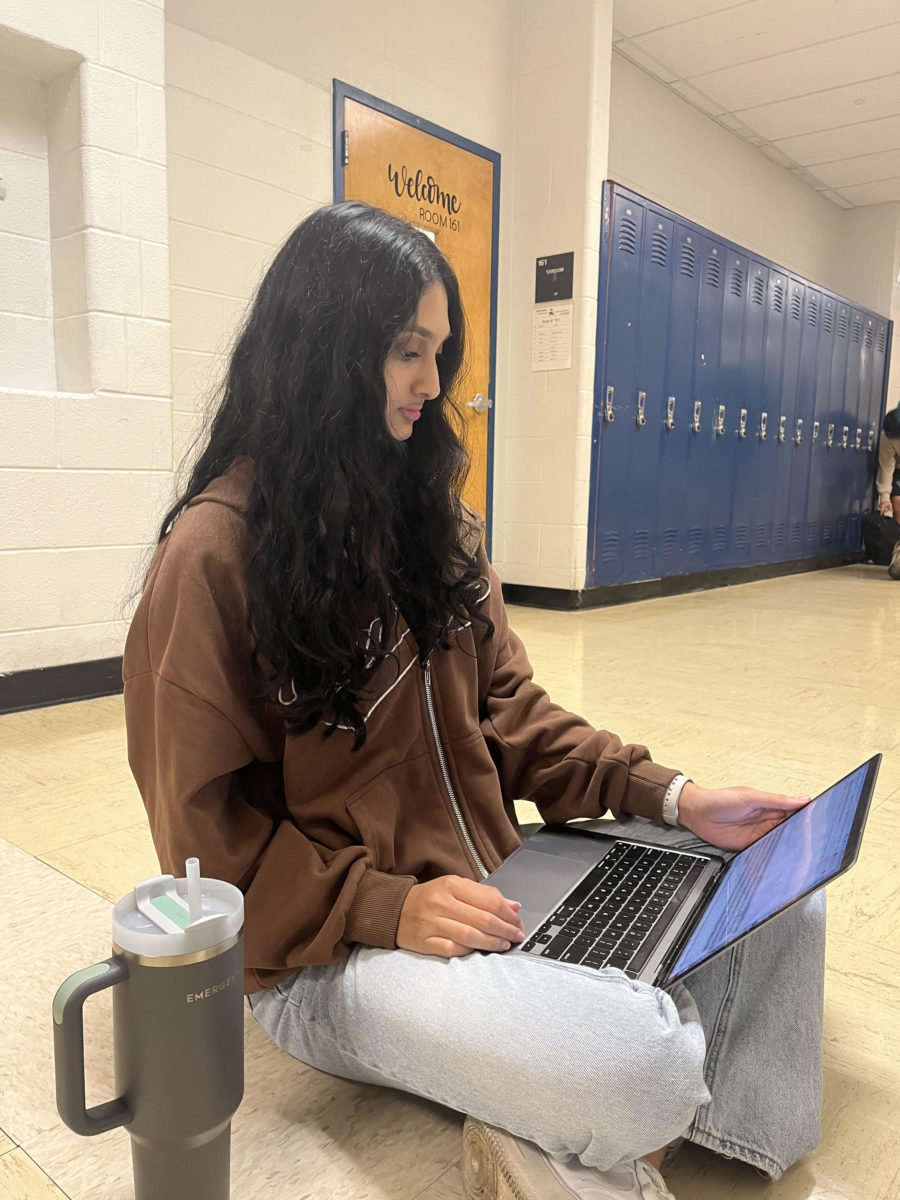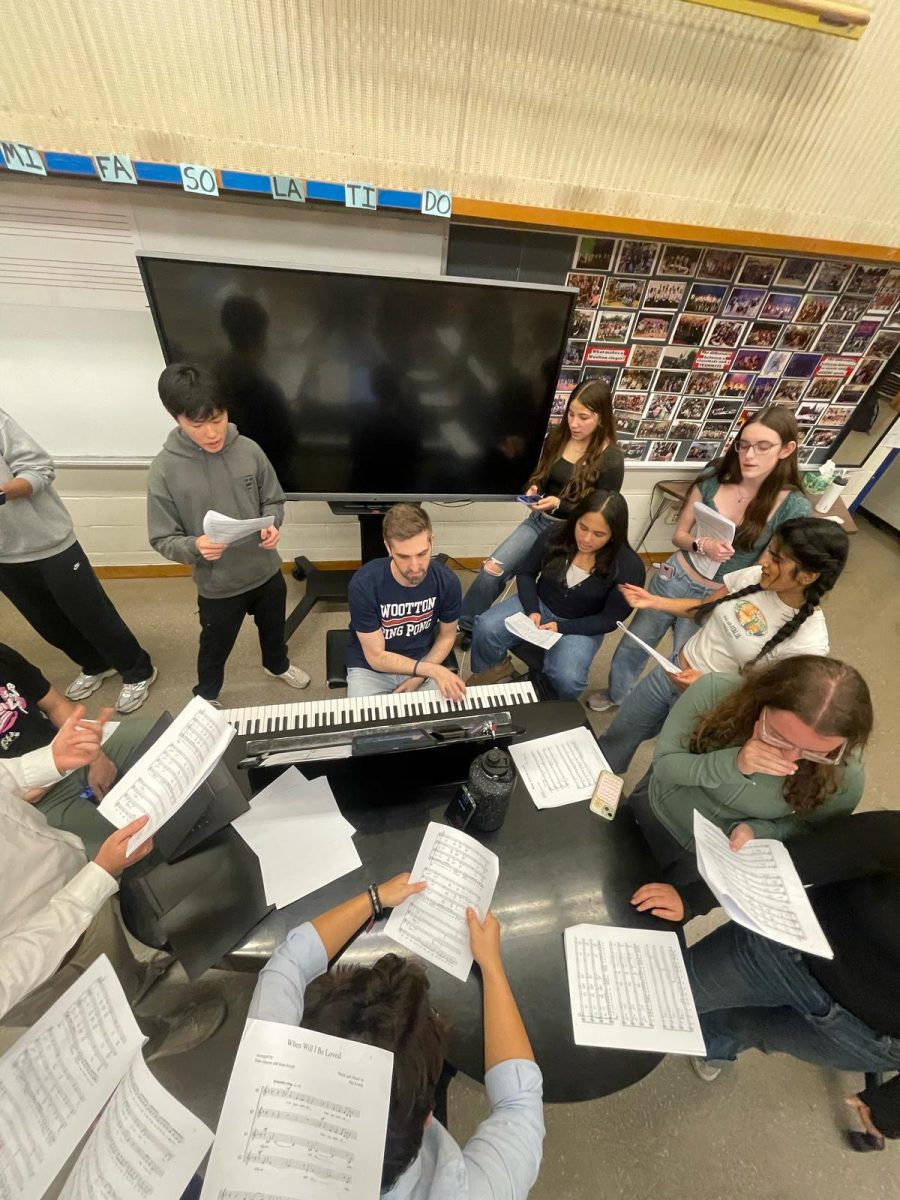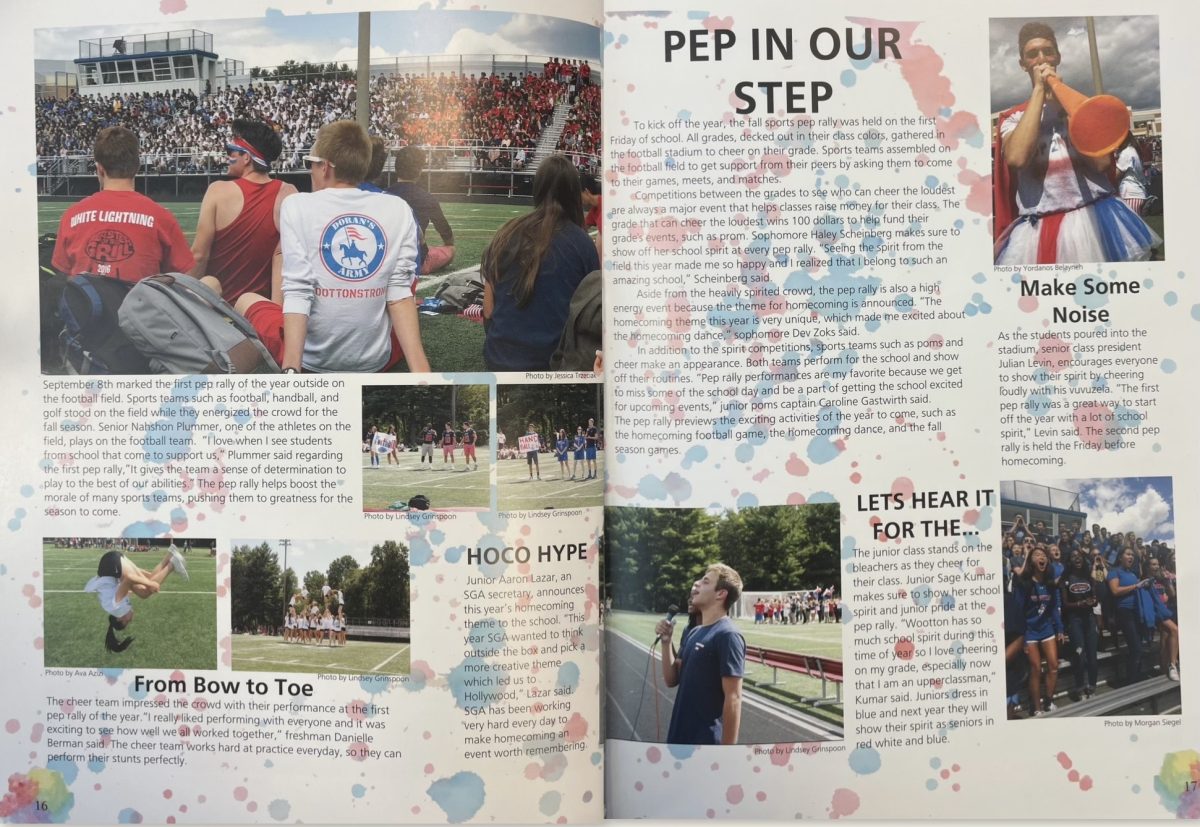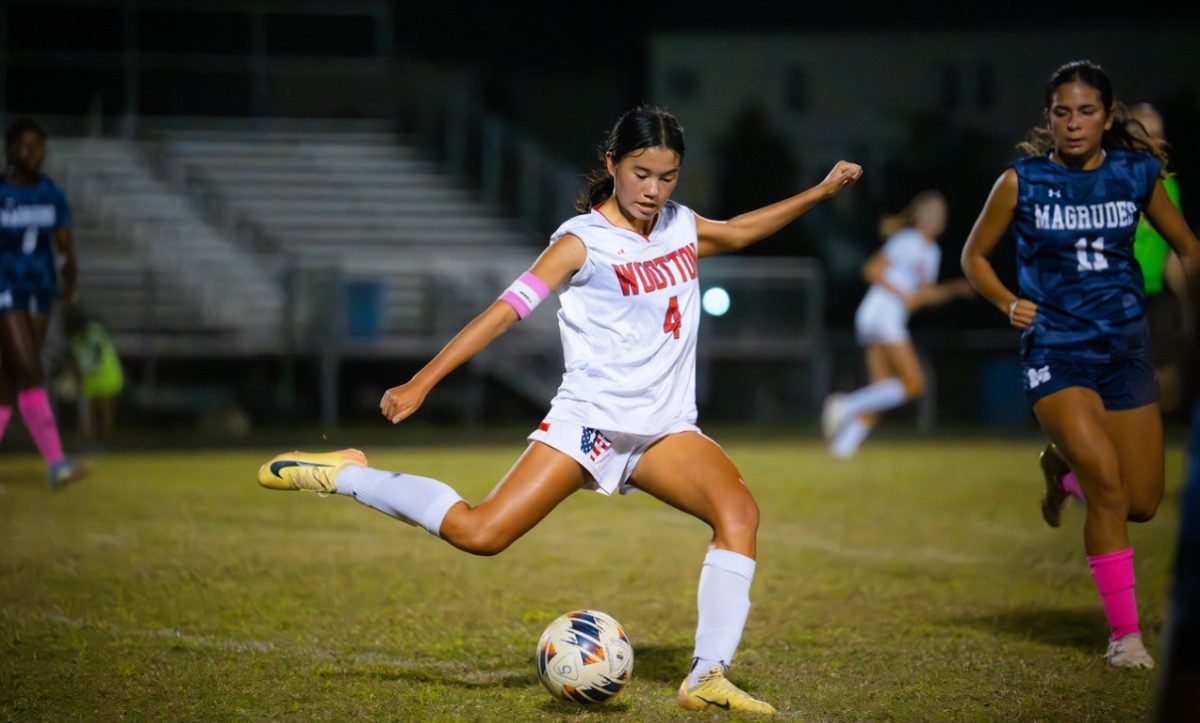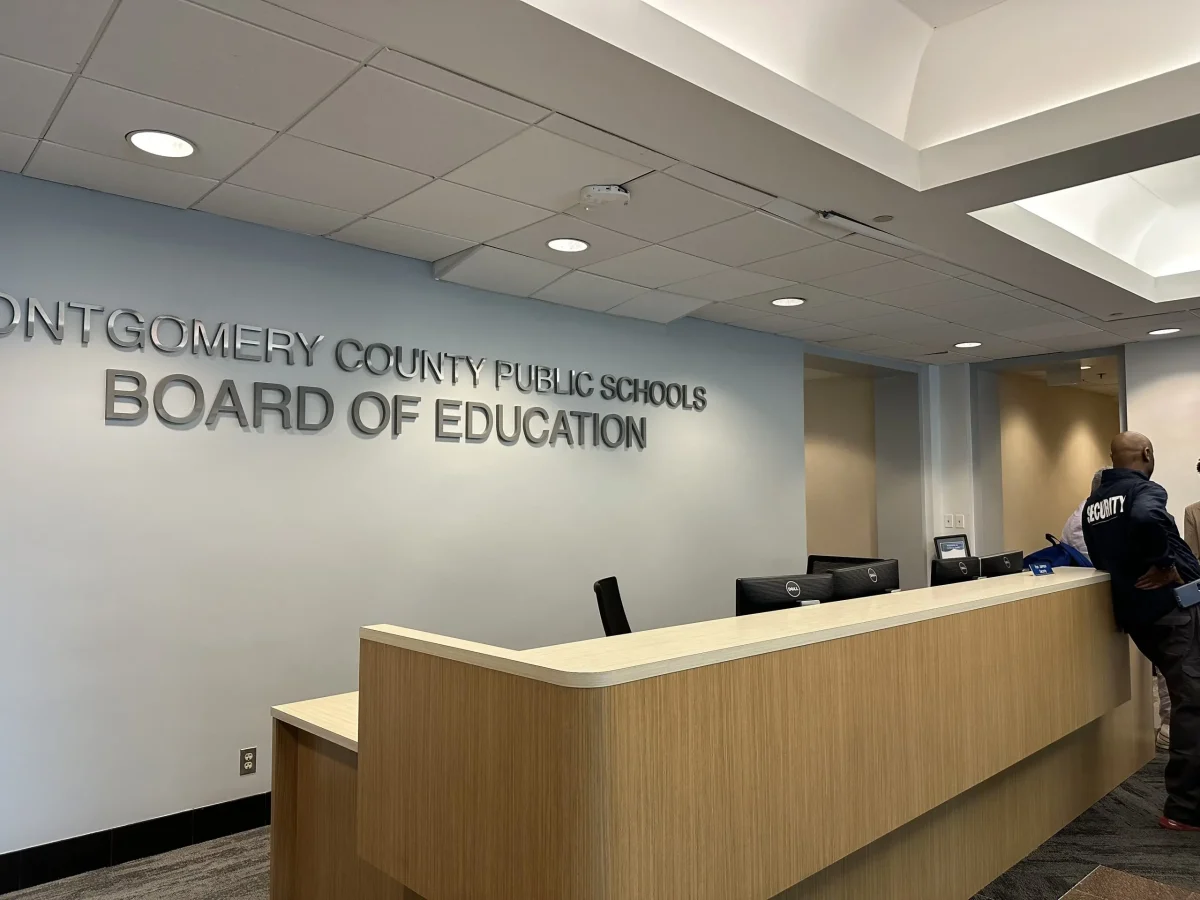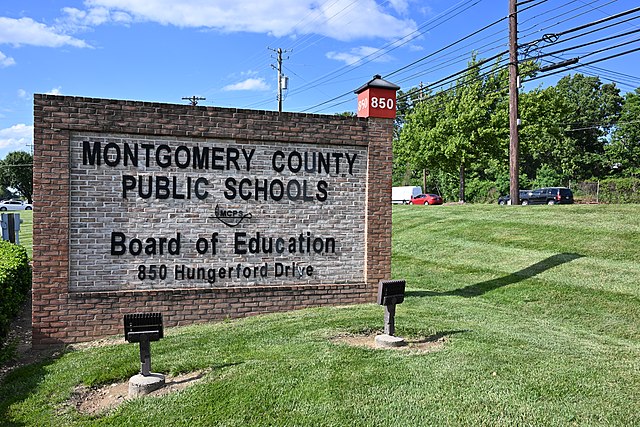Is volunteering actually volunteering if it’s required?
Students in the state of Maryland must complete 75 Student Service Learning (SSL) hours to graduate. Maryland is currently the only state that requires community service. However, other districts, such as Atlanta Public Schools, are also establishing community service requirements for students. According to the Maryland State Department of Education, SSL is a “form of civic education that provides students with opportunities to explore and reflect on what it means to be an active, engaged citizen.”
Despite Maryland’s policy, Maryland students are not more likely to volunteer compared to students from other states. According to Education Weekly, Maryland seniors were even less likely to volunteer in comparison. “After the service requirement, Maryland seniors were 9.2 percentage points to 17.4 percentage points less likely to volunteer from 1997 to 2011. That contrast is particularly notable because national volunteering among 12th graders rose during the same time.”
A possible factor behind this behavior is the psychological phenomenon known as the overjustification effect. The overjustification effect is what happens when a behavior that is already enjoyed is rewarded. This can lead to the behavior not being enjoyed anymore, or even cause the person to begin resenting the activity altogether. “I feel like getting a credit, like ‘hours’, for something makes me not want to do it as much anymore. I don’t think I enjoy volunteering as much as I used to because it doesn’t feel like volunteering anymore,” senior Amy Huang said.
In addition, events that students attend for hours may not be of interest to the student or are run in an unorganized way. “I think the required amount of SSL won’t make me want to volunteer in the future mainly because most hours are just sitting around, waiting to be told what to do. For many of my SSL hours, I did nothing for long periods of time because the organizers had nothing for me to do once the majority of the work was finished,” sophomore Kyle Li said. “If I do end up doing a lot of community service in the future, it won’t be because the SSL system inspired me in some way.”
Students are also awarded SSL hours for doing activities other than volunteering, which exposes them less to the community service options available. “Around half of the hours I earned did not include me actively volunteering and were various classes or outdoor ed that gave me SSL credit instead,” junior Justin Huang said.
Students who enjoy volunteering would do so without the requirement. “Although I do plan to volunteer in the future, I do not think the current threshold for SSL hours influences me to do this as I would have given back to the community even if SSL was not a graduation requirement. As a result, I think that the current benchmark for SSL hours may not encourage future service for everyone as choosing to volunteer without an incentive depends on whether a person thinks their contribution to the community is worthwhile, not based on their prior experience,” junior Ishan Puri said.
Despite this, certain students have had positive experiences completing their SSL hours. “The main SSL activity I enjoyed was working at voting centers during the midterm elections. I was able to learn about how the voting machines worked and assist people as they entered the facility,” sophomore Vikram Reddy said. “Through SSL, I am now aware of the many organizations that I can volunteer for in the community.”


